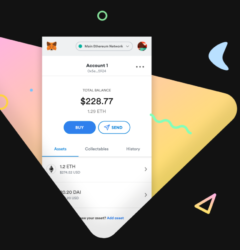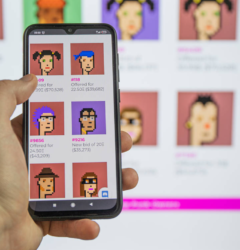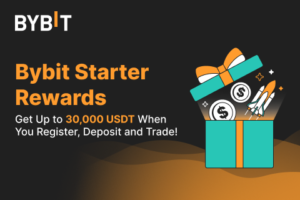18 Apr

If you’ve ever wondered what NFTs are, you’ve come to the right place. Learn about the blockchain, how they are used, and how to invest in them. This article will cover the basics of investing in nfts, including tracing ownership and storing ownership data on the blockchain. After reading this article, you’ll be ready to invest in the next hot trend in the stock market.
Investing in nfts
Before you start investing in NFTs, make sure to understand the risks involved. This high-risk investment is not for everyone, and you should seek the advice of an expert in the field. Although they may not offer you a direct investment, these sources can provide valuable, friendly advice. Listed below are some things to keep in mind when investing in NFTs. Let’s explore each one of them. Read on to discover the most important facts about NFTs and their potential to make you a millionaire.
The first thing to consider before investing in NFTs is why artists are using them. NFTs give users ownership of a piece of digital art. This way, they can retain the reproduction and copyright for their work. While everyone can buy a print of a Monet, only one person can own the original. One example of this is digital artist Mark Winkelman, who became one of the richest living artists after selling a piece of art as an NFT. NFTs offer a way for artists to share their compelling content with an audience and build a community.
The value of NFTs can increase dramatically in the future. Digital collectibles may sell for petty amounts today, but they can go on to earn tens of thousands of dollars. Whether you choose to invest in NFTs directly or indirectly in a company that develops or manufactures NFTs, you’ll have a clear exposure to the NFT sector. These companies have direct or indirect exposure to the NFT sector, which allows you to speculate on the growth of the NFT industry.
Types of NFT collections
In order to demistify the NFT verse you first need to understand the types of NFT available at the moment.
- ART (Visual,music)
- Collectibles
- Domain names
- Sports
- Trading cards or TCG(Trading card games)
- Utility(Access cards)
- Worlds or plots of virtual land
A very good example of Utility NFT is our own Sublime Traders Alpha Access card that is available here . It is an utility NFT because being it’s holder will give you access to our services, therefore an utility.
Tracing ownership of nfts
The Ethereum blockchain is an excellent resource for tracing ownership of NFTs. The NFT, or non-fungible token, is a unique representation of something that cannot be copied or reproduced. Each NFT is marked in a public ledger, known as the Ethereum blockchain. NFTs can represent anything, but they are most often associated with digital content, such as a URL. When a work is purchased through NFTs, the owner retains ownership over it.
There are several ways to find out if an NFT is legitimate. One way is to check the owner’s social media profile. If the NFT was released by the same person or company, it is likely to be authentic. If it isn’t, you can contact the owner directly. If you find out that an NFT has been published on multiple platforms, you can contact them to confirm ownership. Also you can find that collection are verified by the opensea team if the creator has validated their identity.
Another way to verify ownership of NFTs is through the use of digital certificates. Digital certificates are listed among metadata in the blockchain. This information allows blockchain explorers to check whether an NFT is owned by a certain person. However, not all NFTs have a digital certificate. In addition, not all authentic digital certificates are legitimate. That means data on the digital certificate can be fake or corrupted.
Storing ownership data on the blockchain
The financial industry is one of the most popular sectors using the decentralized data ownership model, and Blockchain is a promising candidate to facilitate this. Blockchain can help facilitate this process by linking physical assets such as real estates with ownership data stored on a distributed ledger. Another example of decentralized data ownership is the use of blockchain for whisky, where UniCask can connect physical casks of whisky to the underlying data on the blockchain.
The power of personal data is often taken away from users by centralized services, but the blockchain will allow consumers to reclaim that control and become more proactive about managing their digital assets. While we are far from a society where we understand the consequences of centralized services hoarding our personal data, the blockchain will help users understand the power of reclaiming their digital assets and regain control over them. Currently, Ben Dickson is a software engineer and the founder of TechTalks, a popular blog focusing on technology, business, and politics. Ben also writes about technology for VentureBeat, a company that seeks to connect technical decision makers with a global audience.





